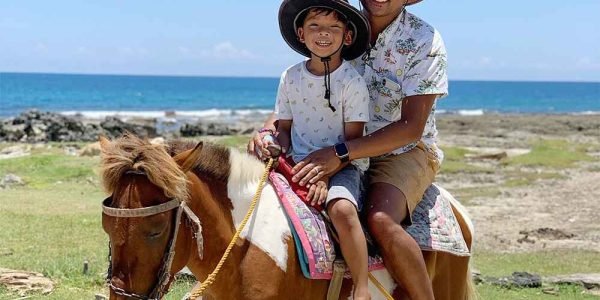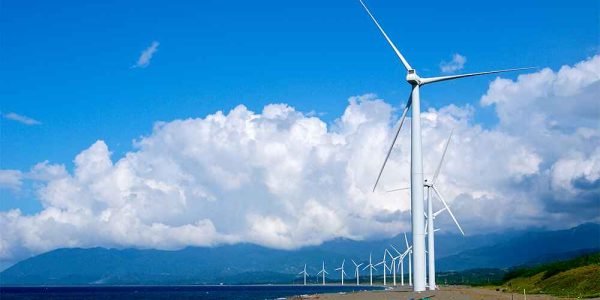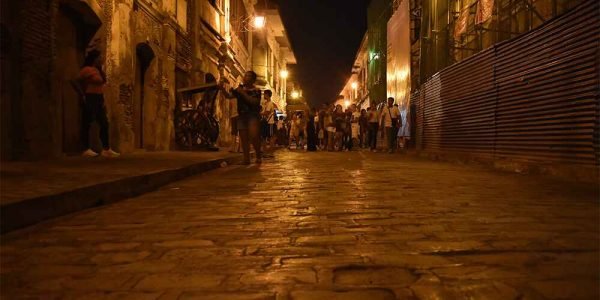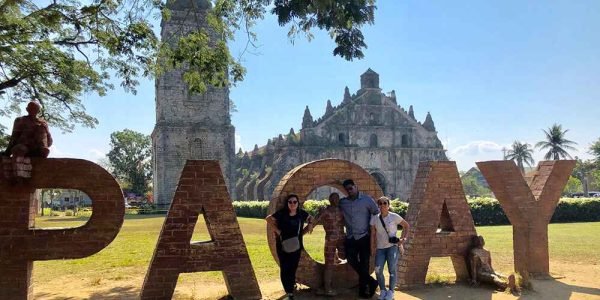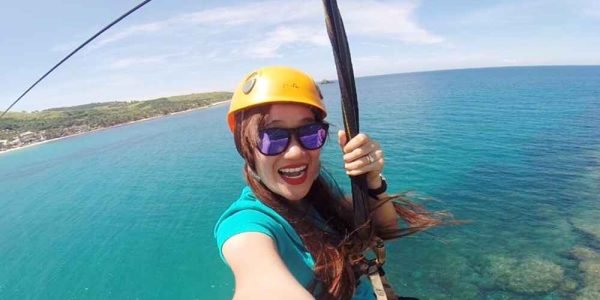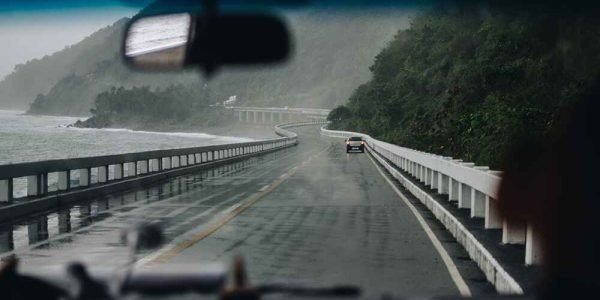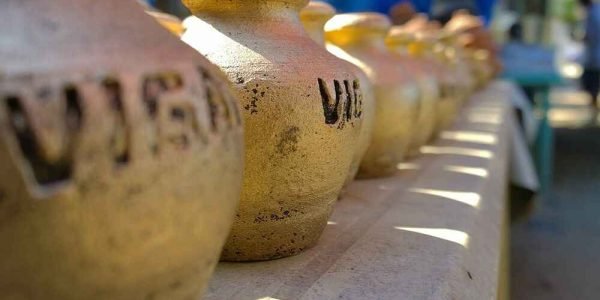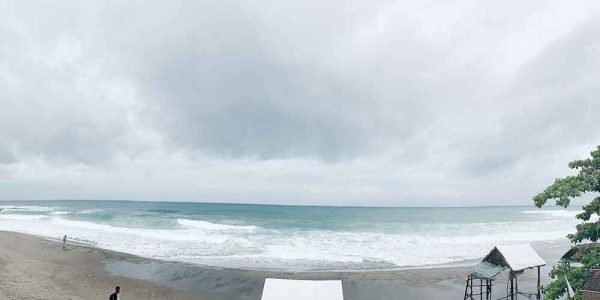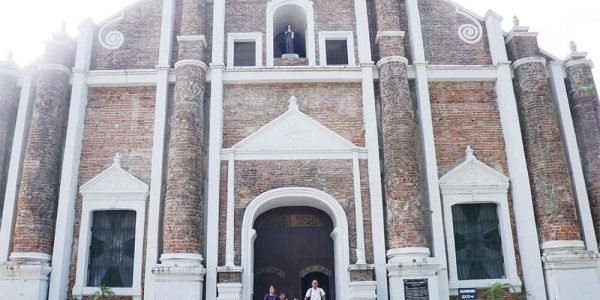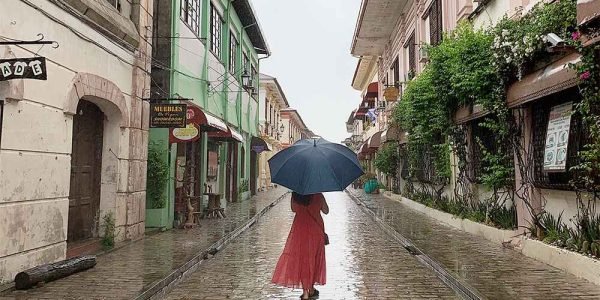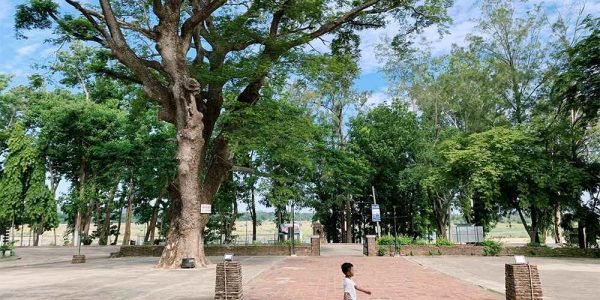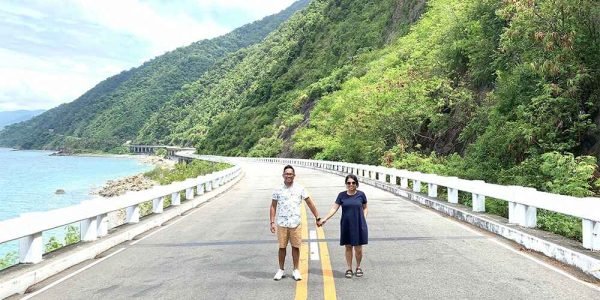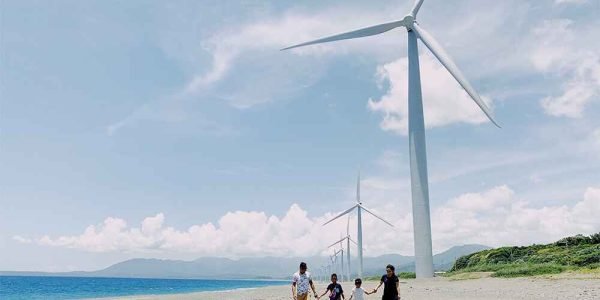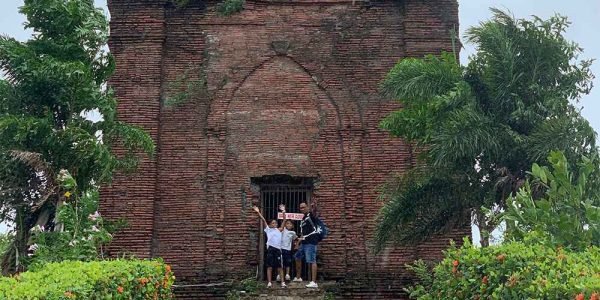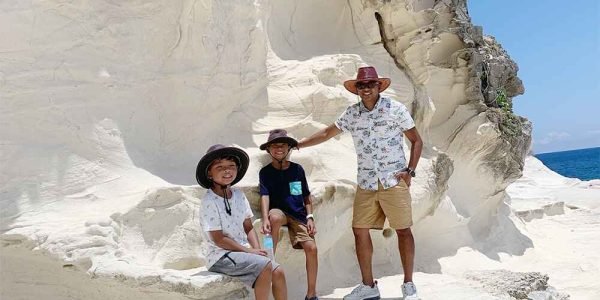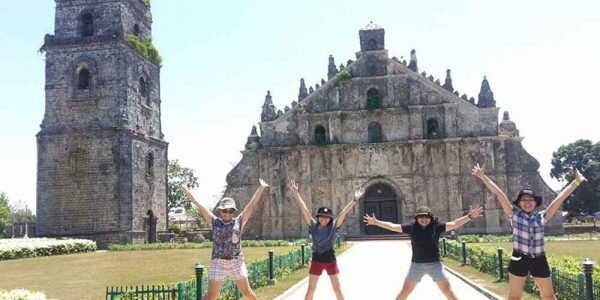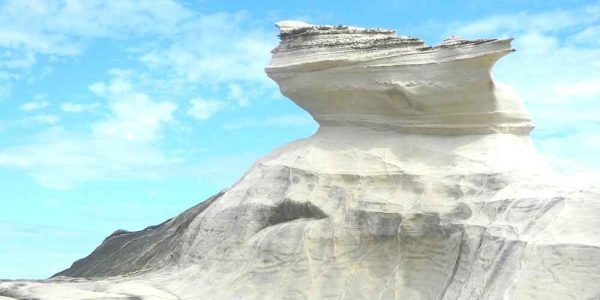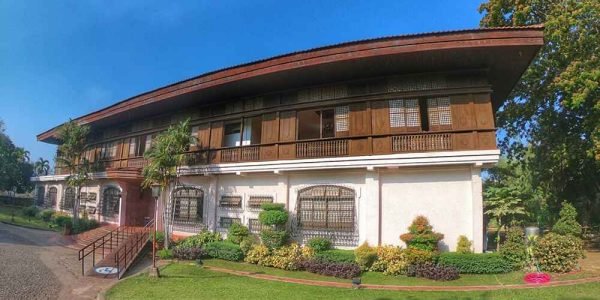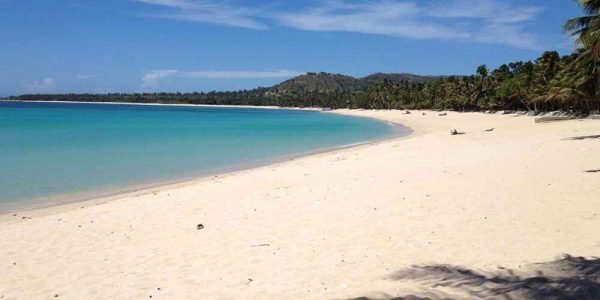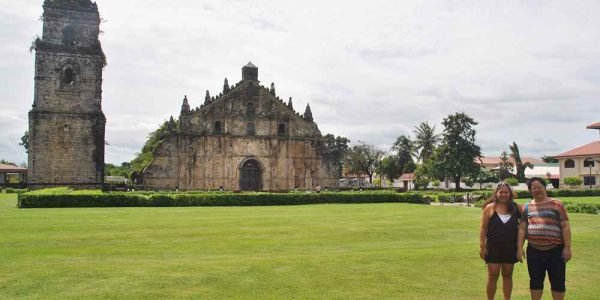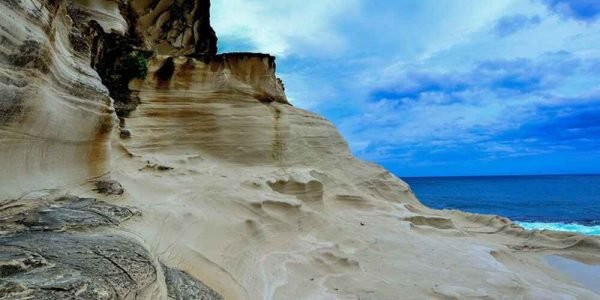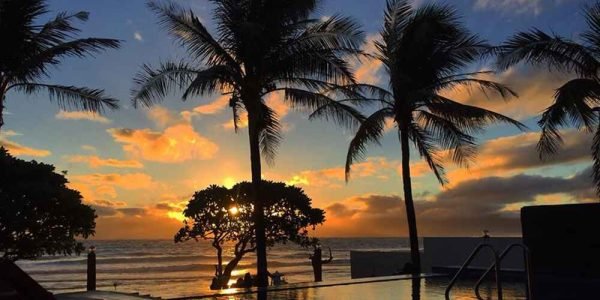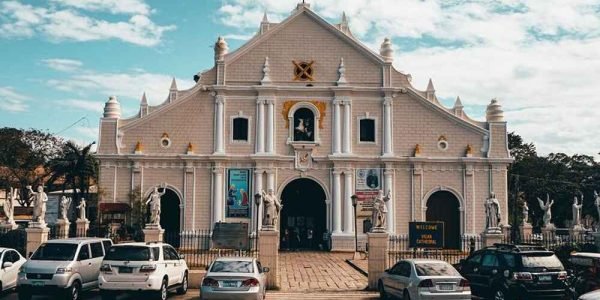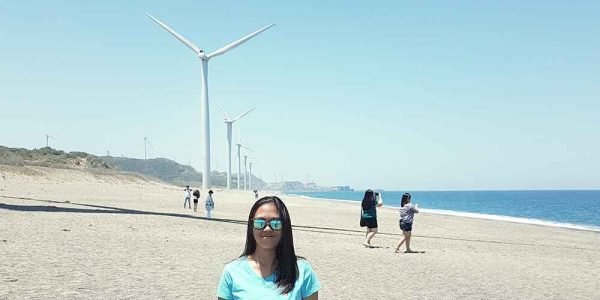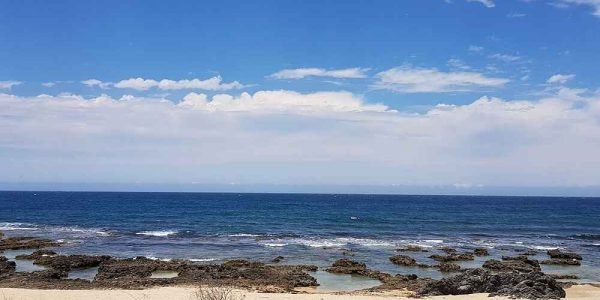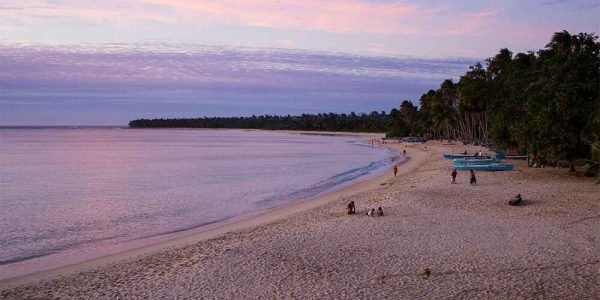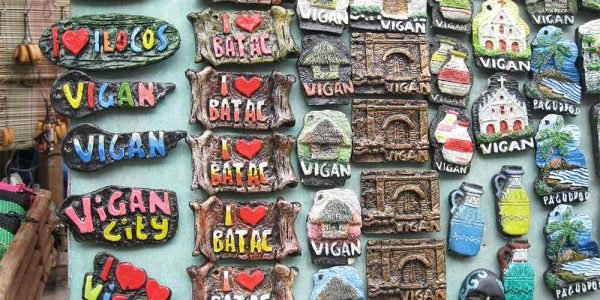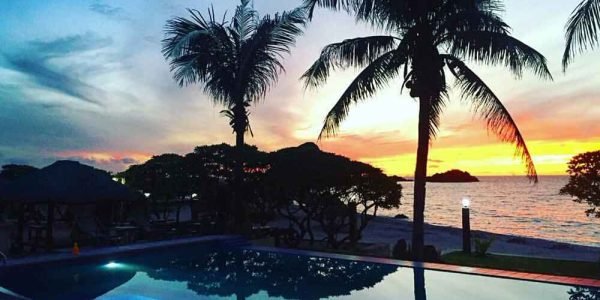Explore Ilocos
Ilocos at the Northwest Coast of the Philippines is now a booming tourist attraction. From national museums, parks, to beach destinations, Ilocos is an all-in-one vacation spot! And because of it’s numerous acknowledgement as a potential major tourist spot in the country, Ilocandia draws more and more travelers every year.
Ilocos Travel and Tour Packages
3 Days 2 Nights Ilocos Packages
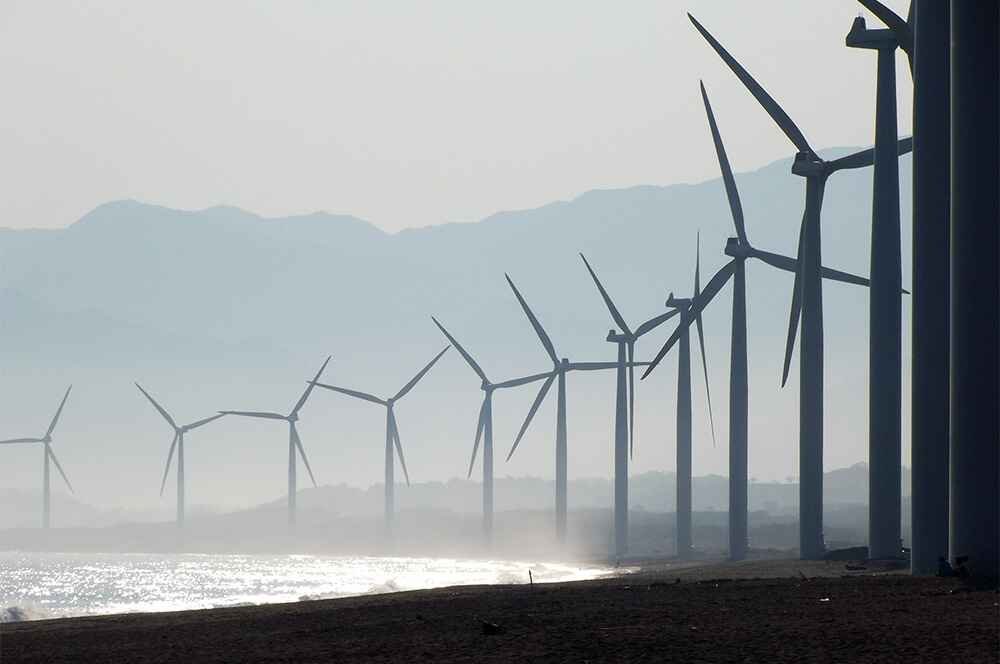
3D2N explore Ilocos Tour Package – Laoag/Vigan/Pagudpud (via Laoag City)
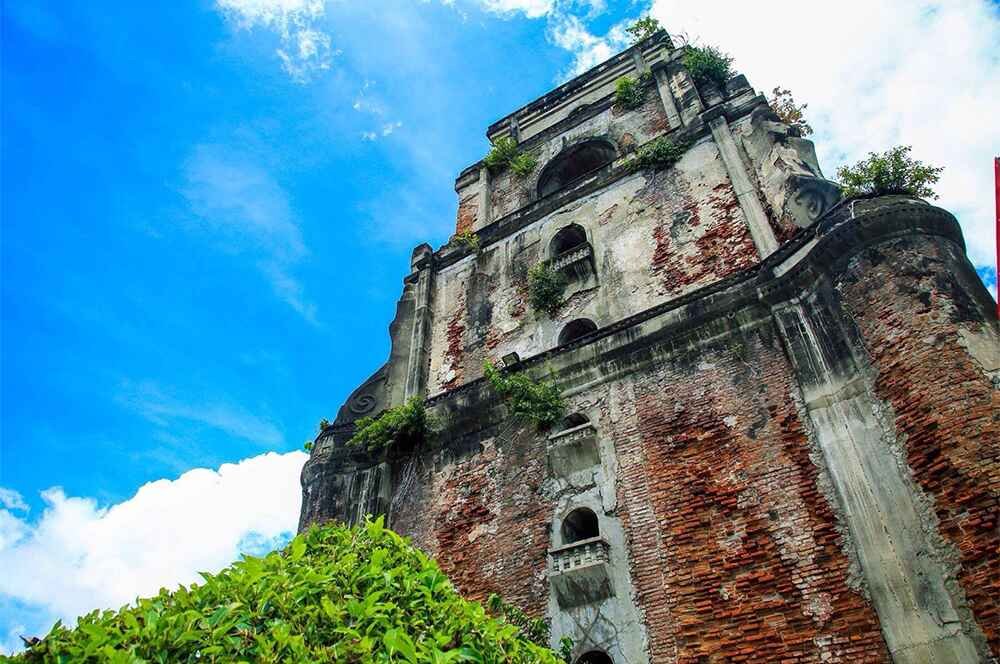
3D3N explore Ilocos Tour Package – Laoag/Vigan/Pagudpud (via Metro Manila)
4 Days 3 Nights Ilocos Packages
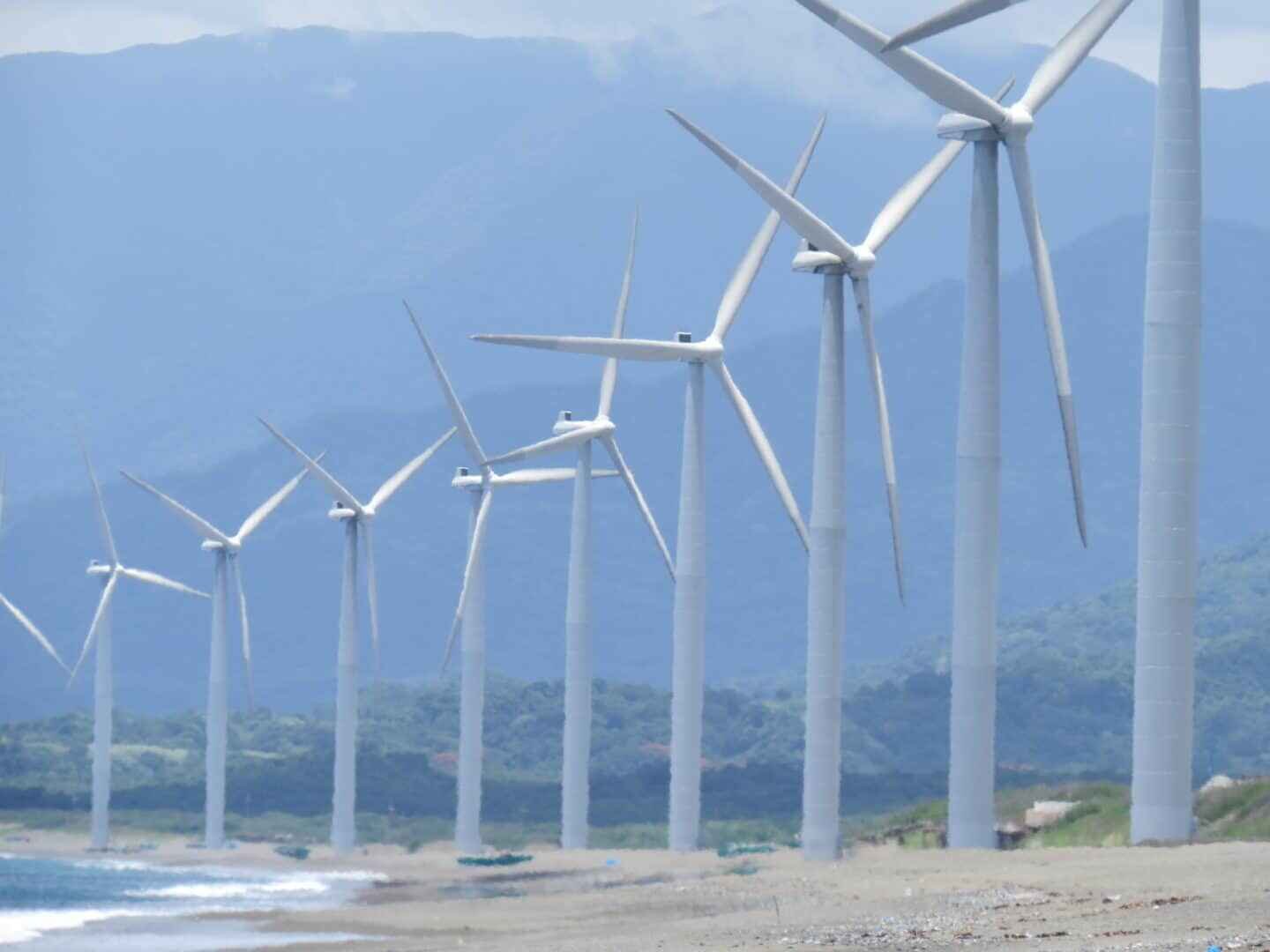
4D3N explore Ilocos Tour Package – Laoag/Vigan/Pagudpud (via Laoag City)
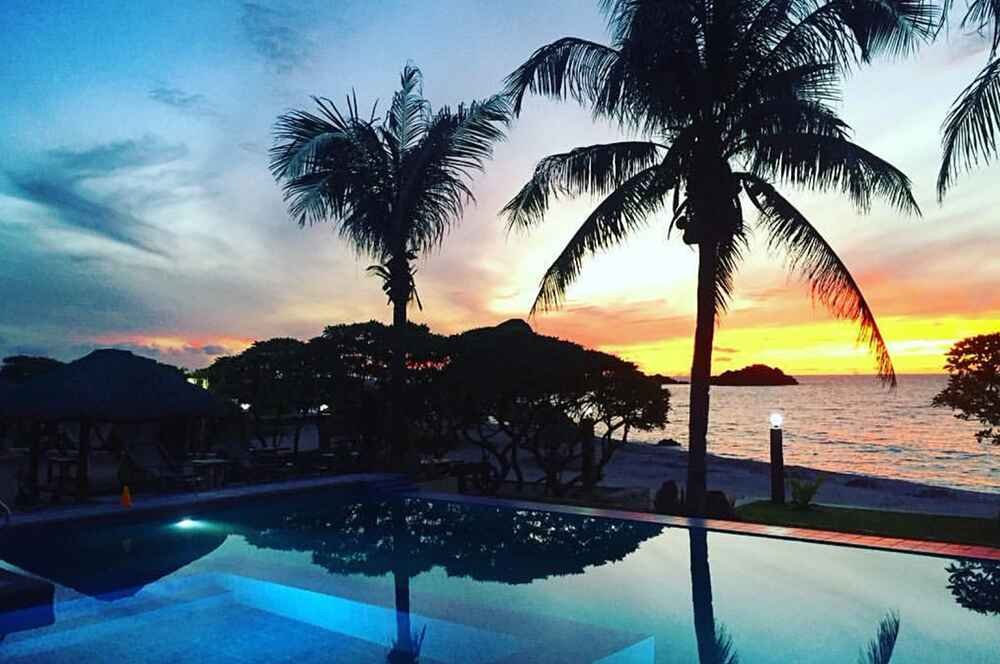
4D4N explore Ilocos Tour Package – Laoag/Vigan/Pagudpud (via Metro Manila)
Other Ilocos Packages
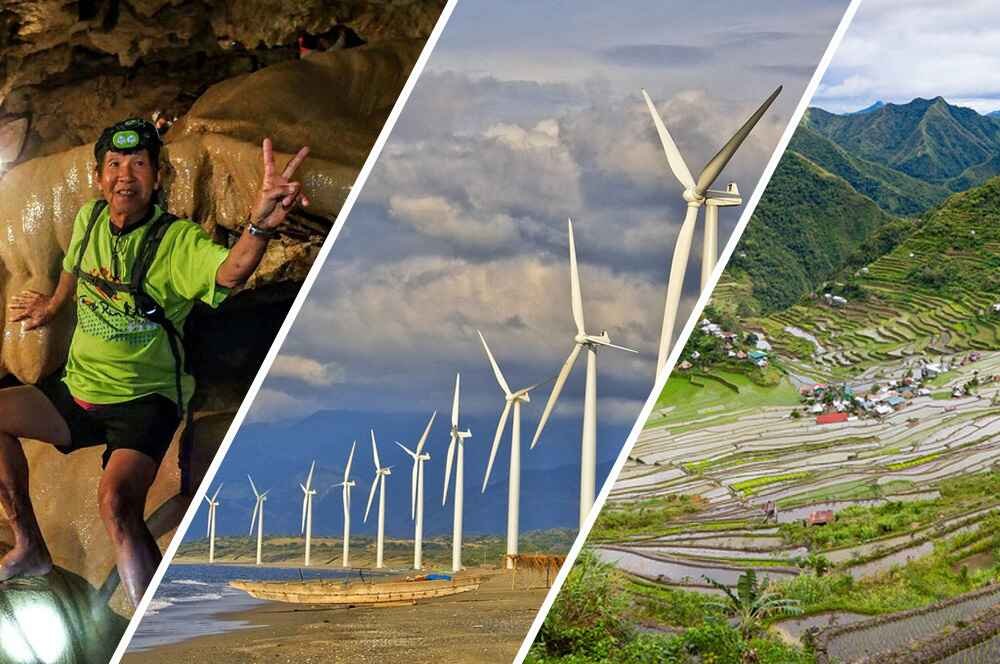
Ultimate North Luzon Adventure: 2D1N Banaue and Batad + 2D1N Sagada + 3D2N Ilocos (with private transfers)
Ilocos Tourist Attractions
Vigan Tourist Spots
Archbishop Palace & Museum
This is the residence of the Archbishop of Nueva Segovia. In early years it used to be an ecclesiastical court. It also served as General Emilio Aguinaldo’s headquarters in 1898. In 1899, the invading Americans, under Lt. Col. James Parker used the building as a garrison. The Palace has museum (Museo Nueva Segovia) with a collection of priceless ecclesiastical artifacts and relics from other churches from around the Ilocos region. Visits can be arranged from Monday to Friday.
St. Paul’s Cathedral
Also known as the Metropolitan Cathedral, it is the setting of many religious activities. The massive structure has a Baroque architectural design with neo-Gothic, pseudo-Romanesque and Chinese craftsmanship influences.
Burgos Museum
The museum houses a collection of Father Burgos’ memorabilia and photographs, family antiques and jewelry. It also has Father Burgos’ quarters and a mini library containing his student Jose Rizal’s Noli Me Tangere, given to him as a gift. Visits can be arranged from Tuesday to Saturday.
Bantay Church and Bell Tower (Bantay Belfry)

This tower on a hill gives a 360 degree picturesque view of Vigan. One can go all the way to the top to witness the beautiful view and enjoy the cool wind. After a few meters from the belfry is the St. Augustine Church which was built in 1590. The Church has a deep brown, neo-gothic façade.
Pagburnayan (Jar Making Factory)
Burnay is an earthenware jar that dates back to pre-colonial history. It was used then for domestic purposes but it is mostly bought now for decorative purposes. The burnay is skilfully crafted by the potter’s hands with the use of pottery wheel and kiln. Fine sand is used to temper the clay. Once fashioned into the desired shape, it is placed inside high-temperature ground kilns made from brick and clay. This can be an interesting and educational stop for families with kids.
Crisologo Museum
The well-maintained museum is managed by the Crisologo family, a prominent political dynasty in Vigan. On the first floor is the antique calesa, the library and study, where visitors can view the book collection and numerous news clippings about this political family. Inside the house, one can see the various possessions of the family that were used in their everyday lives. The museum is open throughout the week.
Heritage Village (Mestizo District) / Calle Crisologo
The Heritage Village is a World Heritage site that is famous for its cobblestone streets that have been featured in many postcards, books, magazines and other publications. This street transports you to the Philippine colonial period, especially at night when it is romantically lit with street lights and Calesas pass by. The street is lined with stores where one can buy various Vigan products to bring home as souvenirs.
Plaza Burgos
Plaza Burgos is the smaller of the two major plazas in the city of Vigan that can be found right beside Saint Paul Cathedral’s Bell Tower. It was built to remember the martyrdom of Father Jose P. Burgos, one of Vigan’s sons executed by the Spaniards.
Leona Florentino House
Leona Florentino, the mother of Isabelo delos Reyes, was the first Filipina to receive international attention as a poet. The house has been designated as the Provincial Tourism Center and administrative building of the Vigan Heritage Commission. It sits near the main plaza and is among the first of the heritage houses that greet visitors with its old-world charm.
Syquia Mansion

This is the ancestral home of the former first lady Dona Alicia Quirino, the wife of President Elpidio Quirino. It showcases extensive memorabilia of the former president. The Syquia Mansion has huge rooms filled with exquisite and elegant antiques from all over the world. There are huge oil portraits of the family members, some done by national artist Fernando Amorsolo. There is also an antique carriage on display at the ground floor.
Baluarte Mini Zoo

The mini zoo has animals from the Philippines and all over the world. The massive property is owned by the former governor Mr. Chavit Singson. There are caged animal viewings, a butterfly garden and a scheduled animal show.
Laoag Tourist Spots
Juan Luna Shrine
Juan Luna is a famous artist and political activist in the 19th century. He is the creator of the infamous Spoliarium. The shrine is located in Badoc, Ilocos Norte. It is where the Luna family home used to be erected. The original ancestral home was burned down in 1961 and was reconstructed to honor the life of the very talented artist. The Main entrance leads to a gallery of hallways with vintage photographs. It also has letters written by the artist and other painting materials and some of his clothes. The staircase leads to the living room, bedrooms, azotea and a mini chapel. The master bedroom contains the four-posted bed used by Luna. Outside the house is a brick well, an antique carriage and Juan Luna’s monument. The shrine is open only from Tuesday to Sunday.
Sitio Remedios Heritage Village
Sitio Remedios is located in Barangay Voctoria, Currimao Ilocos Norte. The private village resort facing the South China Sea has houses/villas made from vintage bricks and wood salvaged from old structures in Ilocos Norte. There is a small stone chapel inside that looks like a miniature version of the grand cathedrals around the province. There can be no better setup for a historical or Filipiniana themed wedding than this romantic place.
Paoay Church

Paoay Church is a UNESCO World Heritage Site. It was built with a combination of Baroque, Gothic and Oriental architectural designs and is made of coral stones and bricks. The church was partially destroyed twice by earthquakes in 1706 and 1927. The sides are supported by giant buttresses. The facade is divided vertically by square pilasters that extend from the ground and all the way to the top of the pediment. On the right side of the façade is the bell tower which is a significant element in most colonial churches both for practical function and aesthetics. This is a picture perfect site, usually complimented by the clear blue skies that is always featured in many magazines, blogs and others.
Marcos Mausoleum and Museum

The Mausoleum and Museum is located in Batac, Ilocos Norte. The airconditioned dark mausoleum is filled with flowers and candles. Visitors can view President Ferdinand Marcos’ remains, which is enclosed in a glass casket, up close. Visitors are allowed to go inside to pay respects while an almost hunting chant is played over and over. A few meters away from the Mausoleum of the Marcos museum where thousands of photos are displayed on the walls. These pictures depict Marcos’ history from his youthful days, his rise to power and the family’s reign in the Philippines.
Batac Riverside Empanadahan
Just a few meters away and within walking distance from the Marcos Mausoleum, this open spaced place hosts a variety of stalls selling empanada. This Ilocano concoction is made with savory fillings of grated papaya, mongo, chopped Ilocano longganisa and egg wrapped in an orange-colored dough made of rice flour and deep-fried in vegetable oil.
Fort Ilocandia Resort Hotel
Located in Barrio Calayab, Laoag City, this resort and hotel is known as one of the best hotels in Ilocos. This Spanish-inspired architectural structure was built in 1983 and is now famous for its world-class casino, golf course and its elegant interior.
Museo Ilocos Norte
Built in 1878 and known as the Tabacalera Building, the building was originally designed as the Administrative Center of the Tobacco Monopoly in Ilocos Norte during the reign of Spain over the Philippine Islands. It was renovated and rehabilitated by the local government in 1999 to house the vast cultural heritage of the people of Ilocos Norte. The museum also has a store where one can buy various products from Ilocos Norte.
Malacanang of the North
“Malacanang ti Amianan” in the local dialect, was the official residence of the former president Ferdinand Marcos. It stands on a high point overlooking the legendary Paoay lake. Both the exterior and the interior of the palace can give a very strong impression of how regal the lives of the former residents were. It is now a well-maintained museum open for public viewing.
St. William’s Cathedral & Sinking Bell Tower

The cathedral, also known as Laoag Cathedral was originally a wood and thatch church founded by the Augustinian friars. The structure now has a 2-storey cream façade with an earthquake baroque architecture with Italian Renaissance design. 85 meters away from the cathedral is the Bantay Bell Tower, more popularly called the Sinking Bell Tower. It is built on earthquake baroque architecture as well and is one of the highest structures built in the province at 45 meters in height. It is said that in the olden times, a man riding a horse could easily pass thru its doors. Nowadays, a person of average height would have to stoop to enter. The tower entrance has been closed to avoid any accidents.
La Paz Sand Dunes

A sand dune is a ridge of sand created by the wind; found in deserts or near lakes and oceans. A few minutes from the center of Laoag city is the La Paz Sand Dunes. A 4×4 vehicle can be driven up and down the dunes, as if in a theme park ride. Another popular and exciting adventure here is the sand boarding where one can ride the board down from different slopes. As of this writing, there is no other sand boarding activity offered in the Philippines. Because of the heat, it is best to come here in the morning or in late afternoon.
Laoag Market
Laoag city public market is a place where one can come and buy some popular Ilocos fares including bagnet, dried fish and seafood, longganisa, tobacco leaves, and other traditional native rice cakes and snacks. The hallways are a bit cramped but the market is secured and even has CCTVs installed around the area.
Bacarra Church & Bell Tower Ruins

Located in a quiet town of Bacarra, St. Andrew’s Parish (Bacarra church) was founded in 1593 by the Augustinians. It was constructed using indigenous materials and involving very tedious manual labor. At present, it has a lovely brick façade and the interior is a massive space just like most old churches in the region. The Bell tower of Bacarra is sometimes called the Leaning Tower of the North. During the feast of Saint Joseph on March 19, 1931, the bell tower suffered its first major destruction. An earthquake caused the tower to have a leaning posture from the earthquake for more than half a century. In 1971, another earthquake further deformed the tower. After the earthquake, an attempt to preserve the tower was done by placing support on the walls of the remaining structure. The earthquakes in 1981 and 1983 ultimately flattened the top/roof of the tower. It was declared as a national cultural treasure in 1973.
Salt Making in Pasuquin
Pasuquin is a scenic town by the sea which is famous for its salt. Salt making has developed into a cottage industry providing a source of livelihood for many Pasuquiños. Pasuquin is a strategic place for salt making where saltbeds line along the seashore. This can be a great stop especially for families. The kids can learn something new and interesting.
La Virgen Milagrosa Shrine of Badoc
Badoc is the located at the southernmost town of the province of Ilocos Norte at a distance of about 40 kilometers south of Laoag City. The parish, known as St. John the Baptist Parish, was established in 1714. The brick and stone baroque structure houses La Virgen Milagros de Badoc, a miraculous wooden image of the Virgin Mary with the infant Jesus wrapped in her arms which is estimated to be 400 years old. It is said that because of countless miracles of the image, many have developed a very intense and widespread devotion.
Sarrat’s Sta. Monica Church
The church is located in the town of Sarrat, approximately 7 kilometers east from Laoag. Construction started in 1669 and was completed ten years later in 1679. The ruins of Sta. Monica Church in Sarrat include a torture room where two huge brick-encrusted pillars dominate. Melvin dela Cuesta, a Filipino historian, said these pillars were used during the Spanish regime to hang Filipinos accused of treason and other high crimes. Amidst some cruelties that occurred here in the past, the church is still undeniably beautiful and rustic. The stunning beauty of the red brick structure with Baroque and Neo-Classical architecture was the romantic venue for the wedding of Irene Marcos, daughter of the former president Ferdinand Marcos.
Cape Bojeador Lighthouse

Also known as Burgos Lighthouse, the structure was built in the Spanish colonial period overlooking the scenic Cape Bojeador and the South China Sea where early galleons used to sail by. The lighthouse was named a National Historical Landmark by the National Historical Institute in 2005 and a National Cultural Heritage by the National Museum months later. It is the most accessible lighthouse in Luzon. From the parking lot, one has to climb a flight of stairs to get to the entrance. There is a mini museum that shows the history of the lighthouse and some old photos. Because of its height and location, very strong winds gush in and out of the top of the lighthouse.
Bangui Windmills

The NorthWind Bangui Bay Project, were a project by the NorthWind Development Corporation as a practice renewable energy sources and to help reduce the greenhouse gases that cause global warming. The project is the first “Wind Farm” in the Philippines consisting of wind turbines on-shore facing the South China Sea and considered to be the biggest in Southeast Asia. The project sells electricity to the Ilocos Norte Electric Cooperative (INEC) and provides 40% of the power requirements of Ilocos Norte via Transco Laoag. It is located at the municipality of Bangui, Ilocos Norte. It faces the sea from where the wind blows towards the land. The site, Bangui Bay, borders the South China Sea, free of any trees and vegetation that is approximately 9km long and 100 meters wide. The area is undeveloped and uninhabited making it ideal as a site and poses no threat to the environment. This area is not good for swimming and can be very dangerous because of the extremely strong waves and undercurrent.
Kapurpurawan White Rock Formation

The rock formation is approximately 30 minutes from Bangui Windmills, a few minute off road drive from the highway and 15 minute trek from the jump off point through small pools of water, grass, and coastal rocks with scenic view of the Sea. The rock formation that was carved by nature is a breath-taking, almost iconic sight that is made famous by photos in most travel blogs, ads and promotions these days. The cream, almost chalk white color of the rock formations are said to be even more white and vibrant during the months of April and May.
Pagudpud Tourist Spots
Saud Beach, Pagudpud
The beach has cream-colored sand and crystal clear blue waters. The wide sand and coastline is host to parties and live bands during summer. It is also a perfect beach sunset wedding venue. Most extreme sport enthusiast flock to this part of the Philippines to surf its waves. Recently, stand up paddle boarding has gained more popularity as well.
Blue Lagoon, Maira-ira Beach

Maira-ira Beach or Blue Lagoon used to be a hidden or secret beach which has become more and more popular these days. It has cream-colored sand and crystal clear blue waters as well. Compared to Saud beach, this beach has more calm waters and a more rustic feel. Nipa huts can be rented for the day. Although the waters can be quite deep, it is ideal for swimming and sun bathing because of the fine sand.
Kabigan Falls

Located in Barangay Balaoi, Kabigan falls is about 1.5 kilometers from the national highway. A local guide is required to accompany tourists to the falls. The old ones usually tell stories about their way of life in the past and a typhoon damaged the terrain, making it no longer accessible via 4×4 vehicle. From the jump off point, one will have to trek for 30 minutes through small streams, some vegetation and small rocks. The water fall is surrounded by vegetation. It creates a small pool where one can dip to freshen up after the trek. The water is cold and very clean. There is a small bathroom at the jump off point where people can take a bath or change their clothes but expect nothing fancier than a shack.
Patapat Viaduct

The Patapat Viaduct, elevated 31 meters over sea level, is 1.3 km concrete coastal bridge that connects the Maharlika Highway from Laoag, Ilocos Norte to the Cagayan Valley Region. It is an elevated concrete highway constructed along winding/rocky headlands near the northernmost roadway section in Ilocos Norte (could be considered second northernmost roadway section in Luzon) This viaduct was constructed to solve the problem of landslides in the area which have caused so many vehicular accidents in the past. It offers a stunning, picture-perfect view of the Pasaleng Bay.




